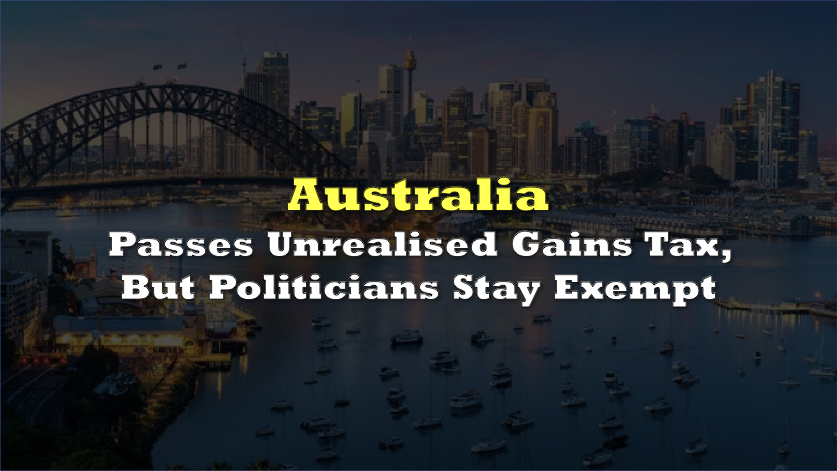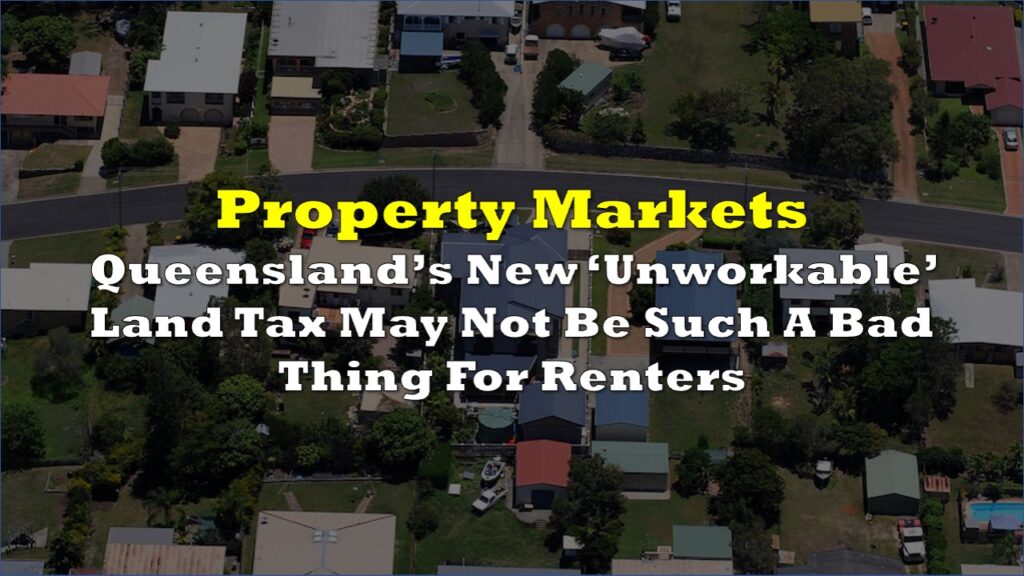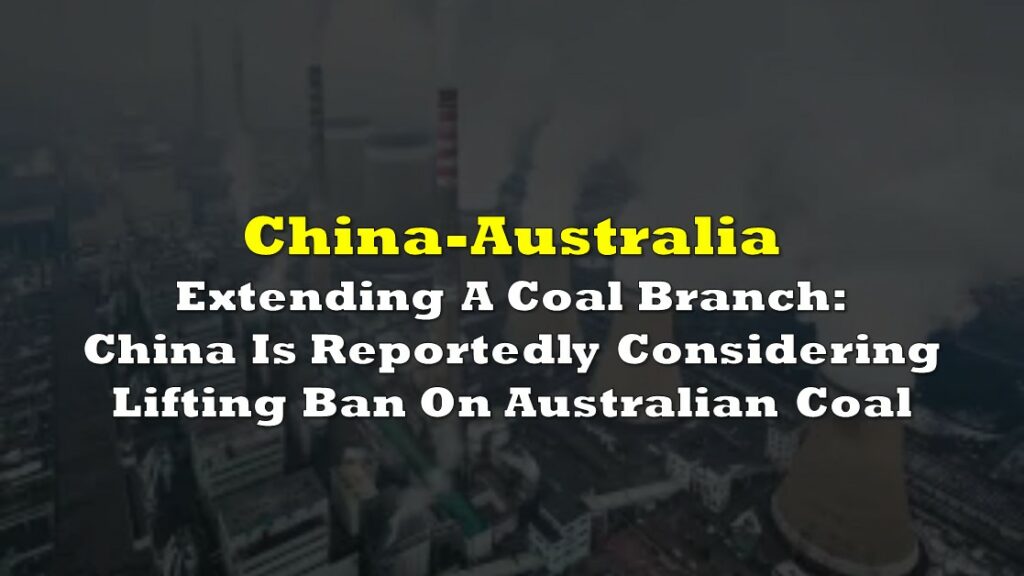Australian Prime Minister Anthony Albanese faced criticism after his recent comments seemed to equate humorous memes mocking him with misinformation that should be removed from the internet.
During a press appearance, Albanese stated, “Social media platforms have a responsibility to make sure that misinformation isn’t got out there.” He then referred to instances where “fake images” of himself had been removed from various sites.
Albanese’s remarks sparked concerns over freedom of expression and the boundaries of what constitutes misinformation. While he asserted that “social media has a responsibility to do the right thing,” critics argued that humorous memes and satirical content should be protected forms of speech.
The Prime Minister’s comments come amid an ongoing dispute between the Australian government and X owner Elon Musk. The disagreement stems from Musk’s refusal to remove videos depicting a recent attack on Christian Bishop Mar Mari Emmanuel by a Muslim extremist, despite demands from Australia’s eSafety Commissioner.
Musk has maintained that X adheres to local laws within each country but should not extend the rulings of one nation to others, challenging the Australian government’s authority to censor content globally.
“Our concern is that if ANY country is allowed to censor content for ALL countries, which is what the Australian ‘eSafety Commissar’ is demanding, then what is to stop any country from controlling the entire Internet?” Musk said on X.
“We have already censored the content in question for Australia, pending legal appeal, and it is stored only on servers in the USA.”
Our concern is that if ANY country is allowed to censor content for ALL countries, which is what the Australian “eSafety Commissar” is demanding, then what is to stop any country from controlling the entire Internet?
— Elon Musk (@elonmusk) April 22, 2024
We have already censored the content in question for… https://t.co/aca9E4uAB7
Last year, the Australian government proposed a draft misinformation bill that would empower authorities to demand the removal or restriction of online content deemed “false, misleading or deceptive” and potentially harmful. Critics fear this legislation could infringe on free speech and open a door to censorship.
Albanese’s suggestion that memes mocking him should be considered misinformation has raised concerns about the potential overreach of such regulations and the government’s understanding of satire and humorous expression in the digital age. It has also invited, of course, more memes.
Australian Prime Minister Albanese calls for a ban on memes that mock him on social media.
— Clown World ™ 🤡 (@ClownWorld_) April 24, 2024
In response to his request, we're launching a meme thread! Share your memes in the comments below.👇 🤣
pic.twitter.com/iR4wzq0hic
Information for this story was found via the sources and companies mentioned. The author has no securities or affiliations related to the organizations discussed. Not a recommendation to buy or sell. Always do additional research and consult a professional before purchasing a security. The author holds no licenses.









